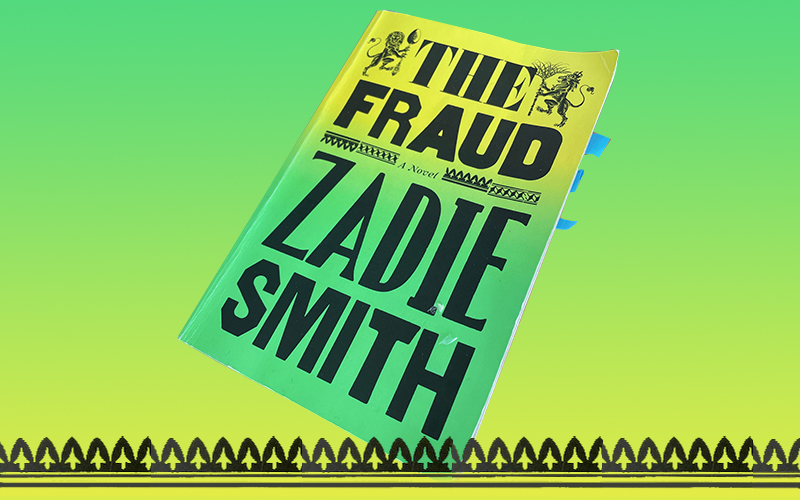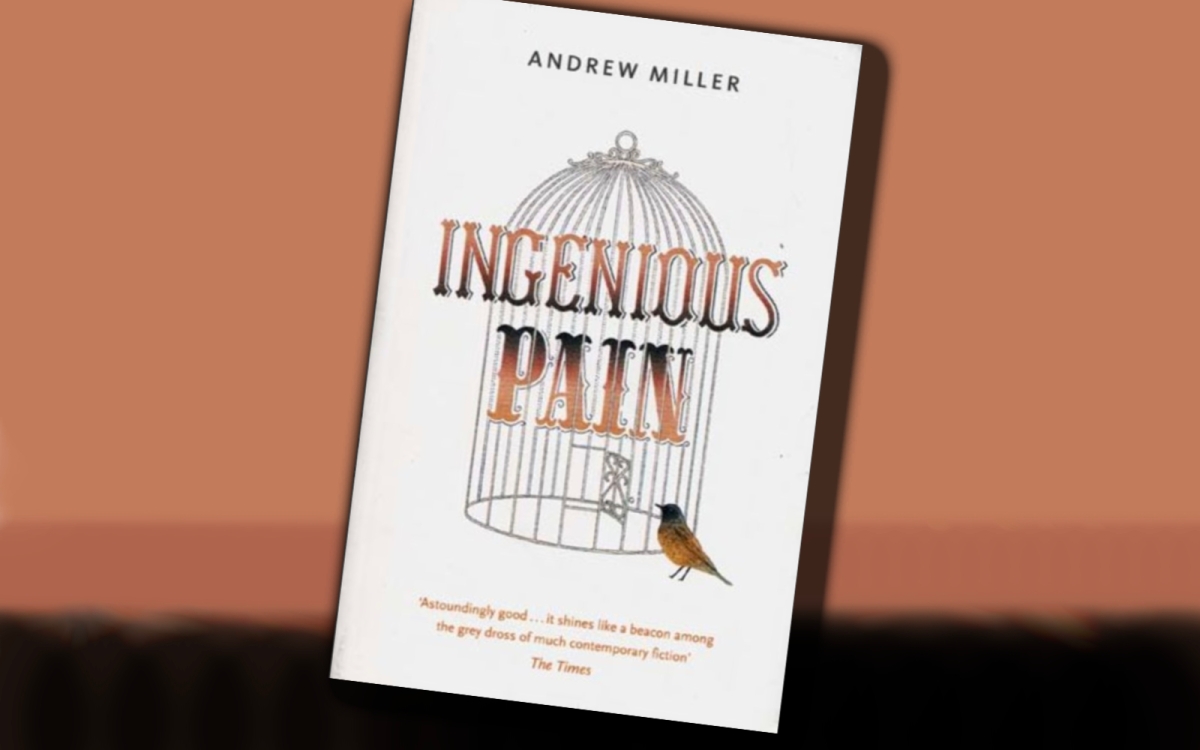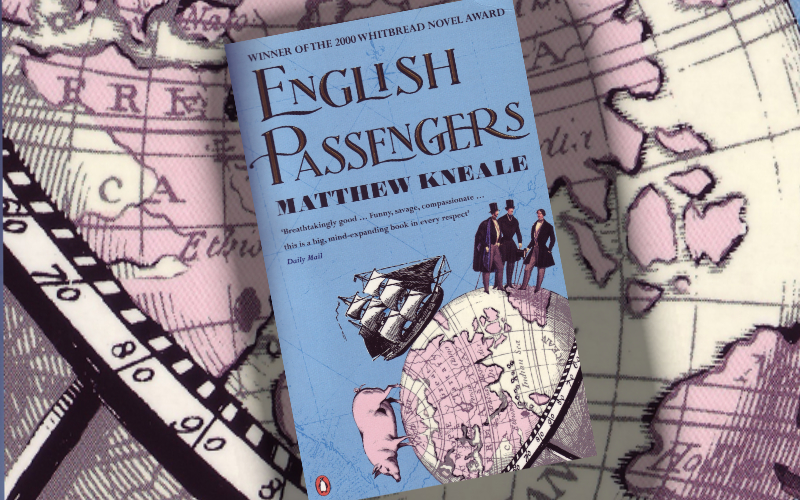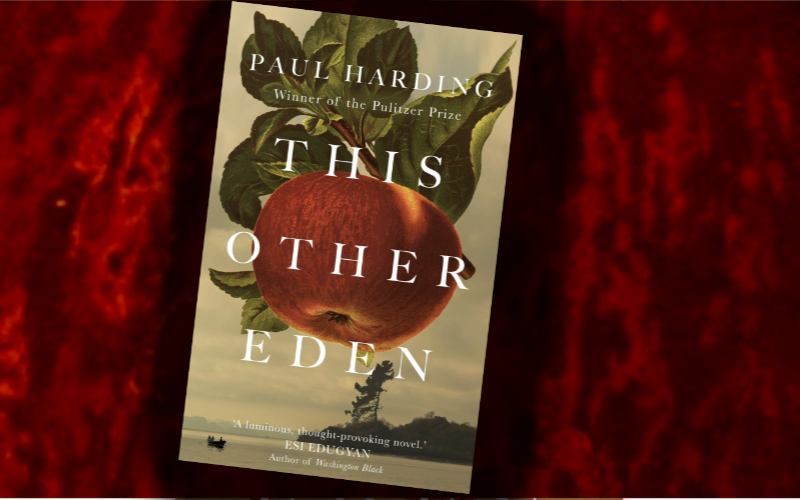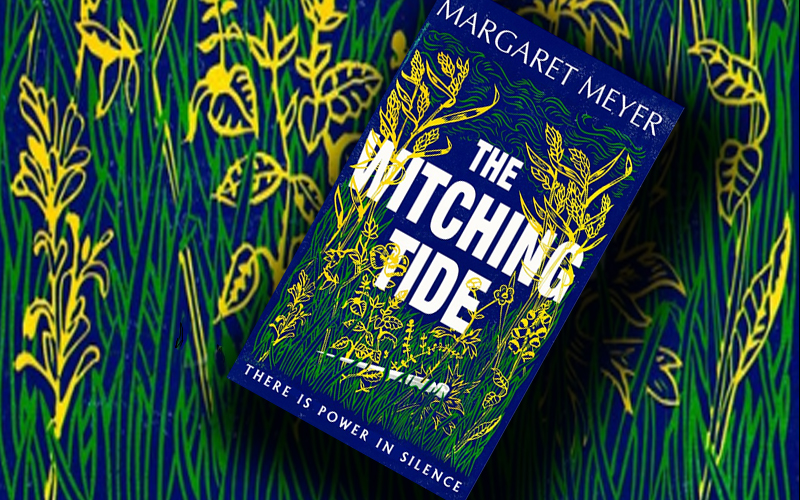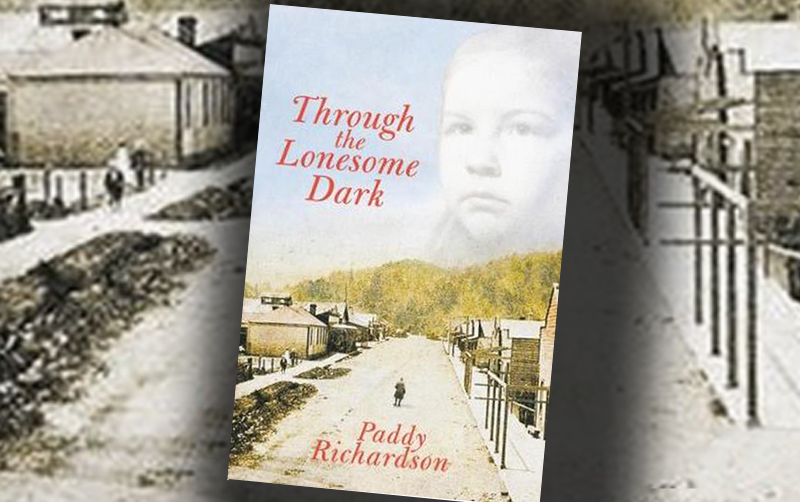Still Life, by Sarah Winman
After a strange first chapter this book leaps into absolute gorgeousness and oh God! It helps that I read it in Italy. The Allied Troops are waiting to enter Florence. With them, is a young man, Ulysses Temper, and his Captain Darnley. Darnley has seen to it that the younger man should fall in love with Italy. “A little over a month before, they’d driven up to Orvieto, a city built on a huge rock overlooking the Paglia Valley. They’d sat on the bonnet of the jeep and drunk red wine out of their canteens as bombers roared overhead towards Mount Cetona, the boundary of Tuscany. They’d stumbled into the cathedral, into the San Brizio chapel, where Luca Signorelli’s masterpiece of the Last Judgement could be found. Neither of them believers, the images had still held them to account.” As they drive away their jeep is waved down by Evelyn Skinner, art historian, who needs a lift.
The dialogue between Evelyn and Ulysses is perfect. English, clipped, wry funny, understated. You can tell these two are going to be friends for life. In the fast way of two people who click but realise they will probably never meet again, Evelyn sums herself up. Kent. Sixty-four. Unmarried. Childless. We feel she’s also posh, independent and full of zing. He’s: London. Twenty-four. Married, no kids. He tells her he’s the son of a globe maker. “Find a Temper & Son globe and you’ll find my mum’s name hidden somewhere on the surface.” Lots of little villages called Nora. How romantic is that?
Continue reading “Still Life–book review”

